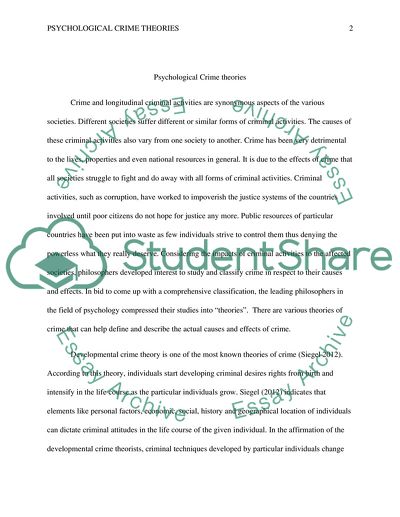Cite this document
(“Theories on Crime Comparison Research Paper Example | Topics and Well Written Essays - 1250 words - 1”, n.d.)
Theories on Crime Comparison Research Paper Example | Topics and Well Written Essays - 1250 words - 1. Retrieved from https://studentshare.org/law/1456169-theories-on-crime-comparison
Theories on Crime Comparison Research Paper Example | Topics and Well Written Essays - 1250 words - 1. Retrieved from https://studentshare.org/law/1456169-theories-on-crime-comparison
(Theories on Crime Comparison Research Paper Example | Topics and Well Written Essays - 1250 Words - 1)
Theories on Crime Comparison Research Paper Example | Topics and Well Written Essays - 1250 Words - 1. https://studentshare.org/law/1456169-theories-on-crime-comparison.
Theories on Crime Comparison Research Paper Example | Topics and Well Written Essays - 1250 Words - 1. https://studentshare.org/law/1456169-theories-on-crime-comparison.
“Theories on Crime Comparison Research Paper Example | Topics and Well Written Essays - 1250 Words - 1”, n.d. https://studentshare.org/law/1456169-theories-on-crime-comparison.


